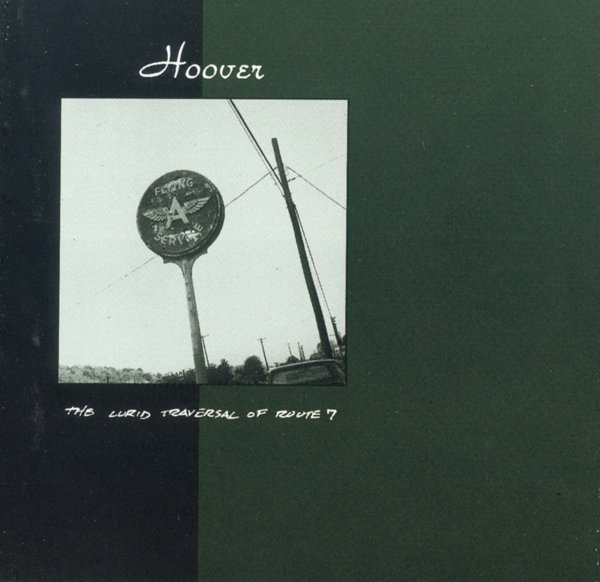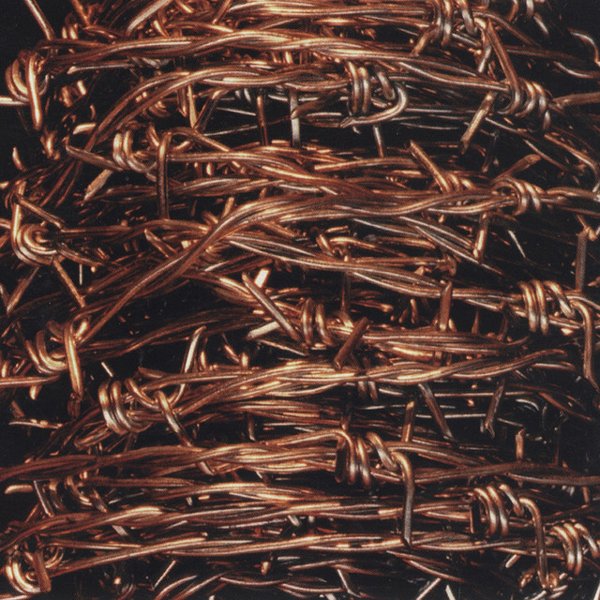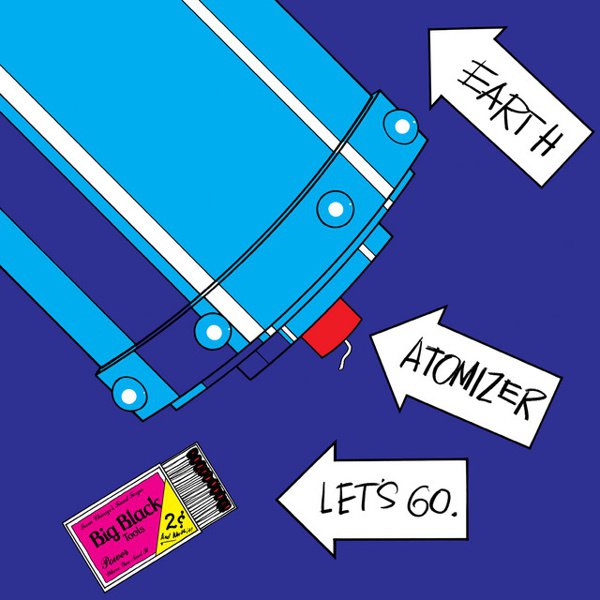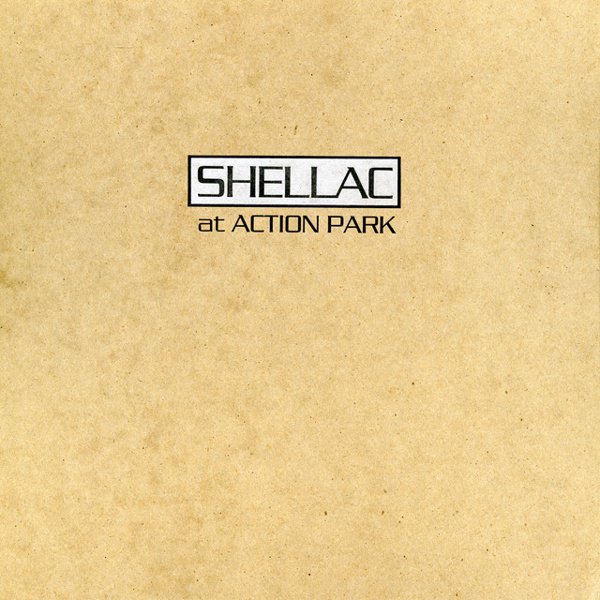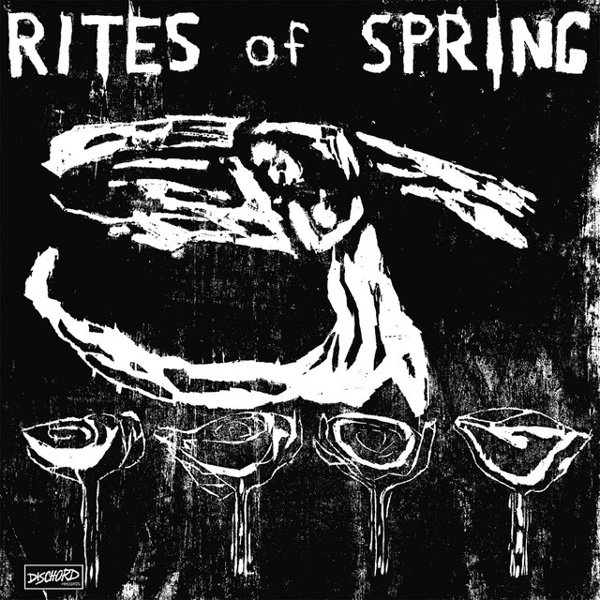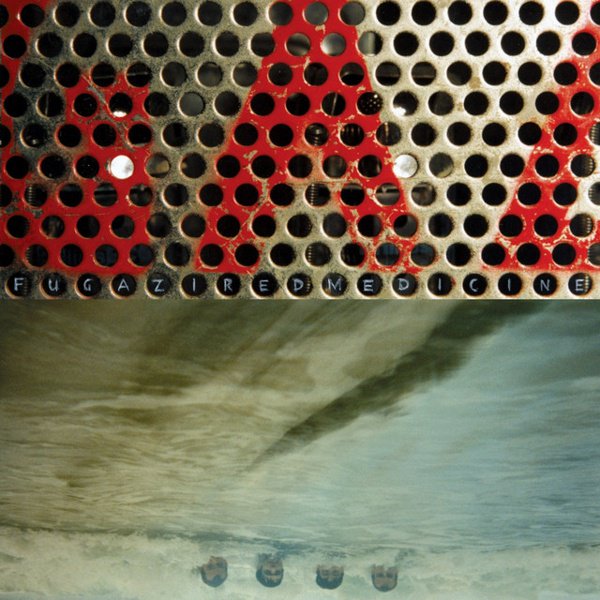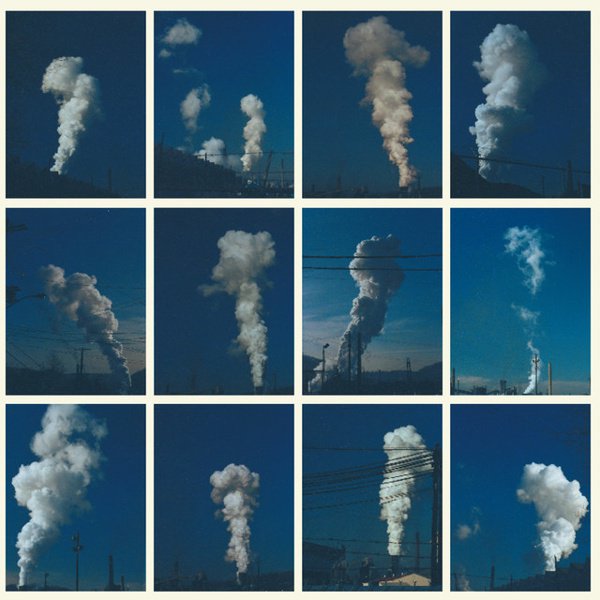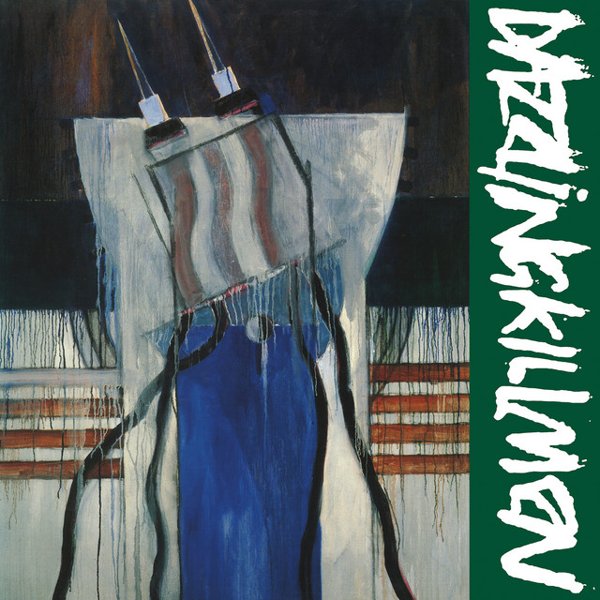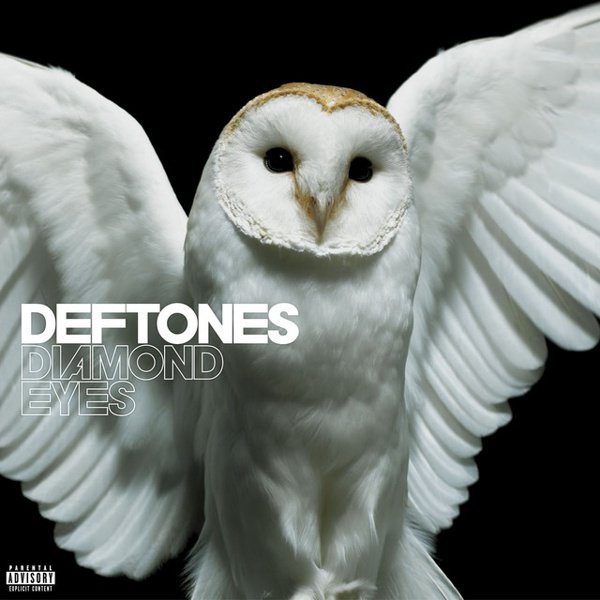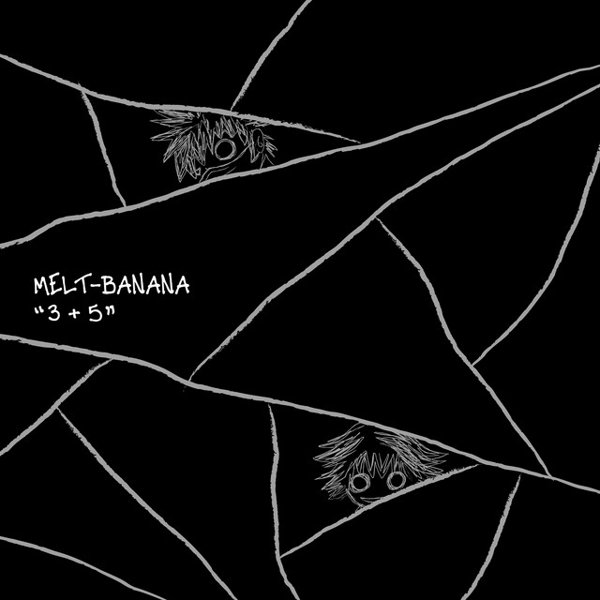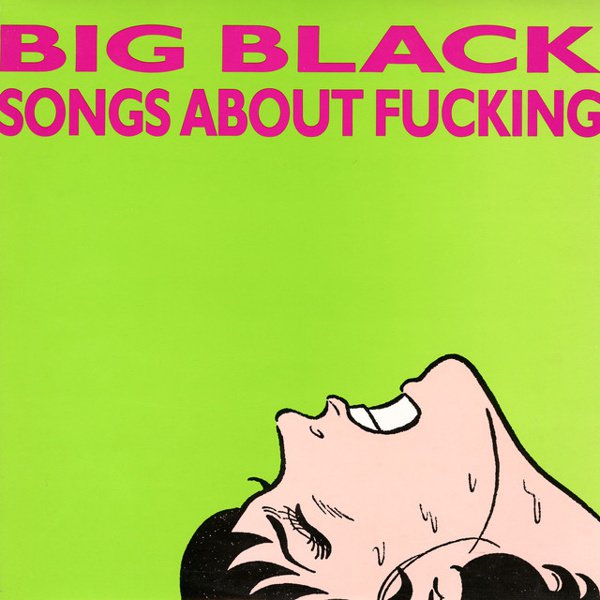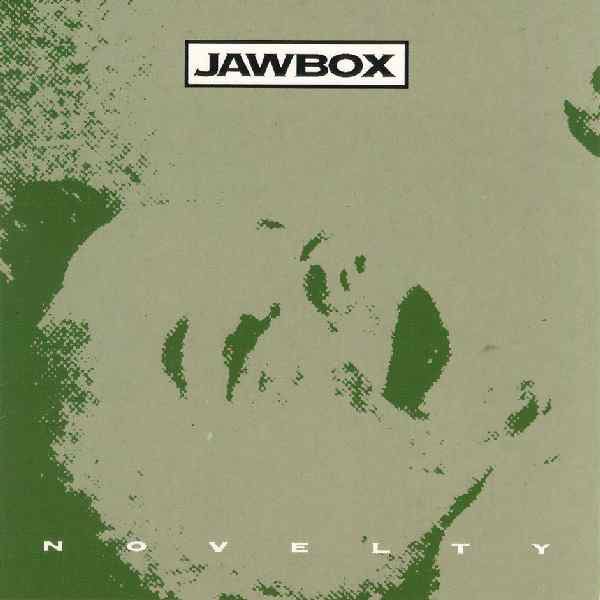The Lurid Traversal of Route 7
By the early ‘90s, the Dischord roster grew to include bands influenced by Dischord itself. Future Hoover guitarist-vocalist Alex Dunham booked shows for Fugazi in the late ‘80s in his hometown of Phoenix, Arizona, and on a 2020 episode of the Washed Up Emo podcast, he recalled how the members encouraged him and his bandmates in local hardcore band Wind of Change to move to D.C. He eventually did, joining up with Joseph McRedmond and Fred Erskine — fellow transplants from Nebraska and Indiana, respectively — as well as Maryland drummer Christopher Farrall. The quartet took obvious cues from Fugazi early on, but by the time they recorded this, their lone LP, they’d evolved into a band just as versatile and distinctive as their pioneering forebears. Hoover exploited textural contrast and a multi-vocal arsenal (Dunham, McRedmond and Erskine traded off at the mic) as well as any band of their era, setting unhinged aggression against supple, dub-informed groove. Every song here is a winner, but “Electrolux,” which builds a mini universe of tension and release atop a mesmerizing 9/4 Erskine bass line across seven gripping minutes, and equally epic closer “Cuts Like Drugs,” which finds the bassist ramping up gradually from a near-croon to a full-on shriek, are true all-timers. Elsewhere, Dunham’s acidic bark drives the tense, throbbing “Father,” McRedmond moves from melodic murmur to anguished shout on “Shut” and sampled crickets provide a soothing backdrop for the elegantly moody instrumental “Route 7.” Overall, this record belongs in the elite tier of alternately unnerving and explosive post-hardcore masterpieces alongside Slint’s Spiderland and Rodan’s Rusty. (Just as impressive is Until the Eagle Grins, the 1996 Dischord debut from the Crownhate Ruin, a Hoover spin-off featuring Erskine and McRedmond.)

